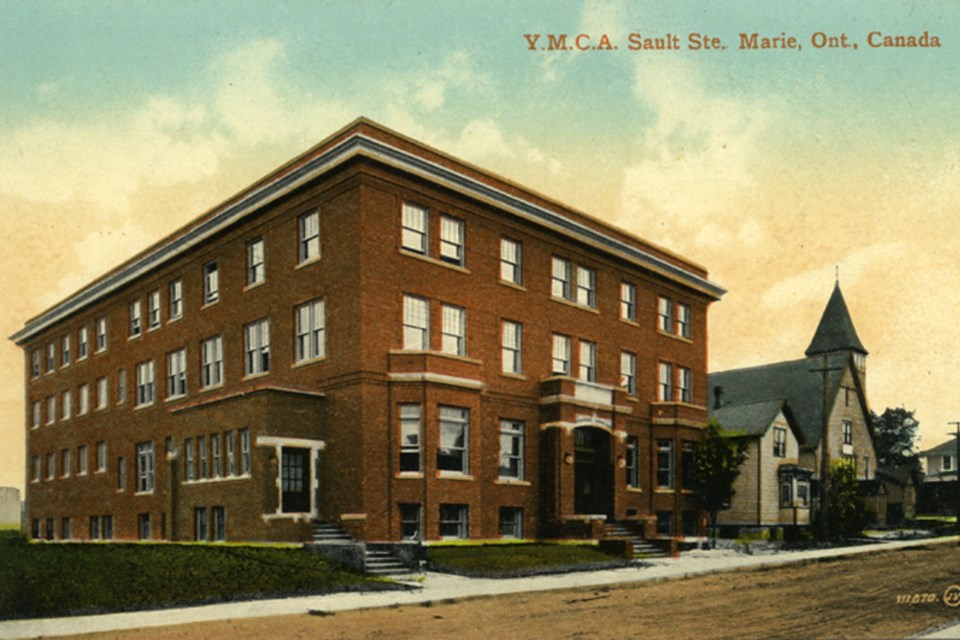It would take two hands to count the number of generations who have walked through the doors of the YMCA in Sault Ste. Marie.
Saultites learned on Tuesday in a bombshell announcement that the 125-year-old charitable and recreational institution would be listing its building for sale and ceasing all of its programming by no later than next month.
A staple in the community for many, residents young and old have been visiting the YMCA on McNabb Street since 1965.
But the facility wasn’t always located there.
While the first Canadian YMCA opened its doors in 1851, it wasn’t until Dec. 17, 1900 that the first locally organized meeting of the Young Men’s Christian Association was held at St. Andrew’s Presbyterian Church on Wellington Street East.
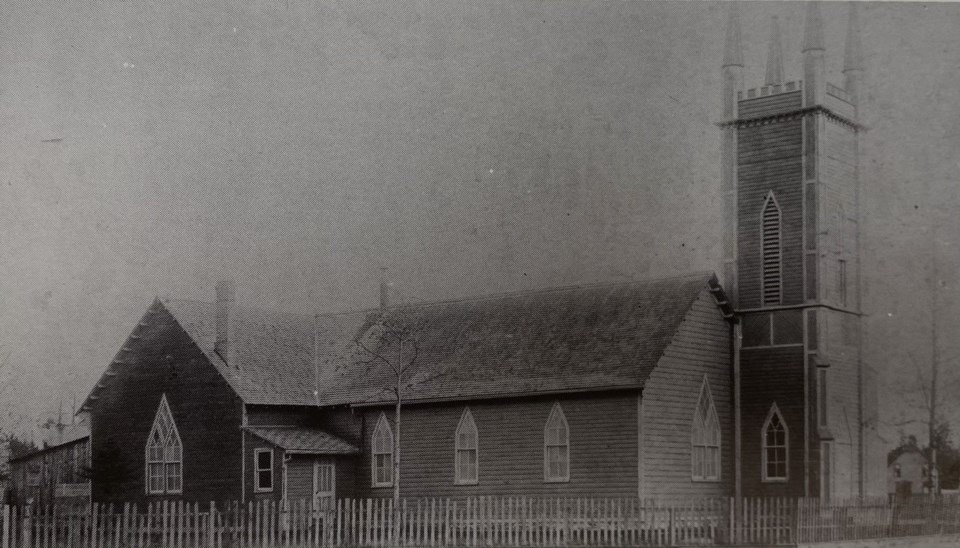
Chaired by Rev. W.A. Duncan, the work of the association was to minister to the spiritual, intellectual, physical, and social needs of men and boys. The YMCA had planned to do aggressive work among the men and boys who worked in the local industries.
On New Year’s Day in 1901, a public meeting was held and the first fundraising began, generating $85 to equip the boarding rooms in a building on the south side of Queen Street, near Spring Street.
In February of that same year, John Wilson of Belleville was appointed the first General Secretary at a salary of $850. The Y was incorporated months later.
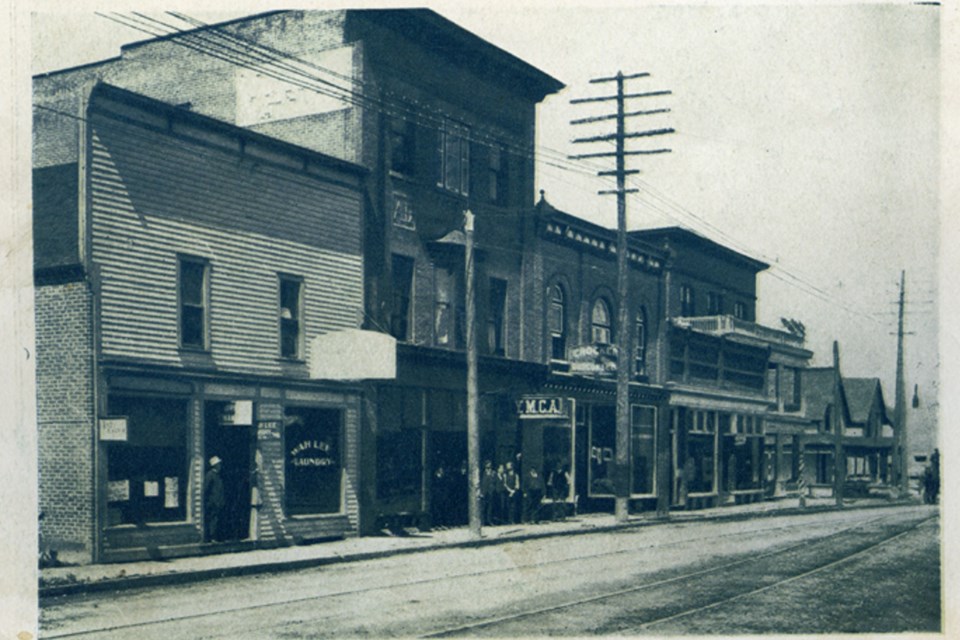
The first shower bath was installed in April 1903 and dormitory rooms were first rented in June that year at $6 per month for one person and $8 per month for two.
K.C. Kennison was later appointed as the first Physical Director with a salary of $600, and his duties commenced on July 1, 1907.
Locally, the YMCA had grown to 84 members in 1908.
The idea for the Y to have its own building rather than renting quarters reached a significant turning point when a building committee was appointed on Oct. 5, 1910.
The next year, the Y purchased two pieces of property at 123 March Street, where the Soo Centre is located today.
A first mortgage of $30,000 was needed to complete the building, while a second mortgage of $15,000 was required to furnish it.
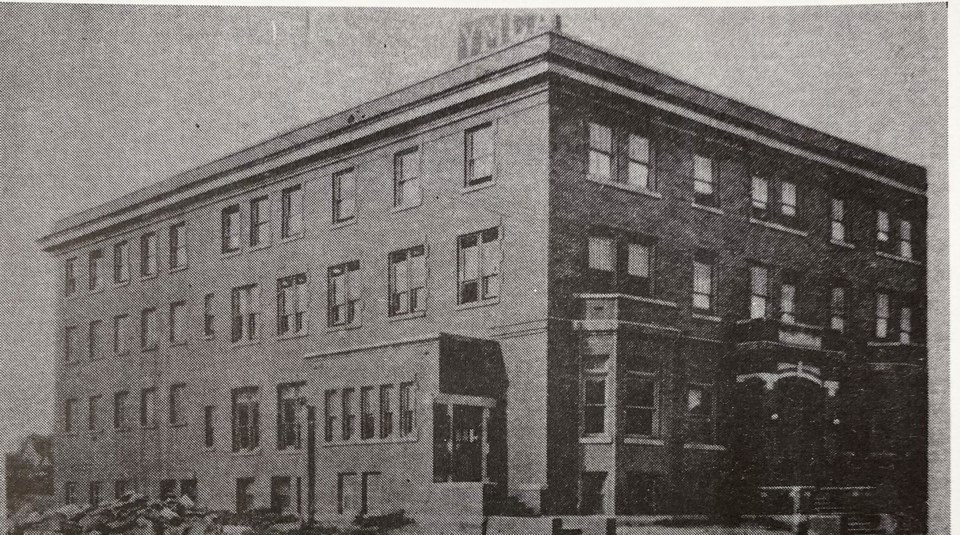
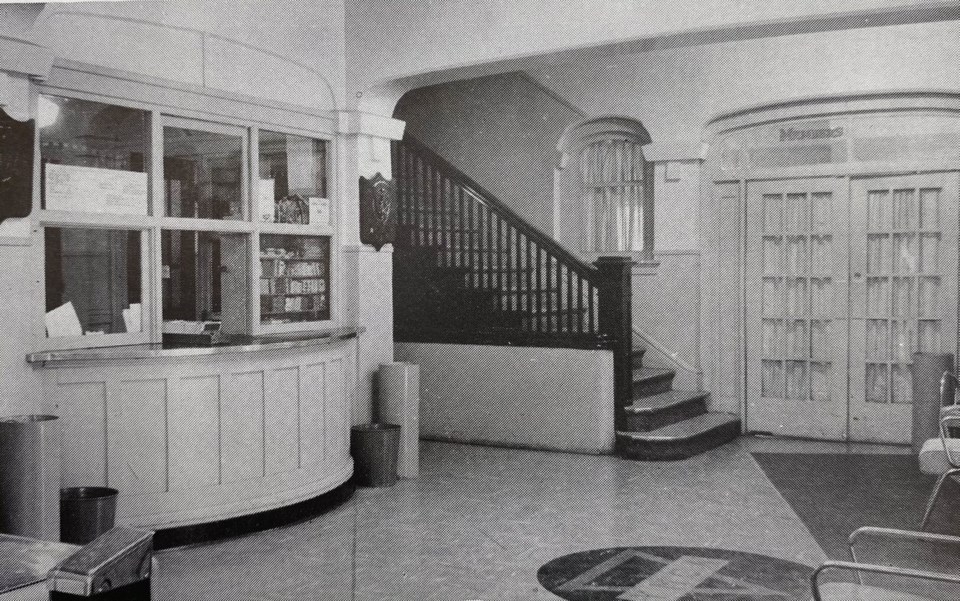
In 1912, a campaign was launched to raise the money needed for the construction of the new building on March Street, which began in May of that year by McPhail and Wright Construction Company.
Two years later, the newly built YMCA opened its doors, featuring a swimming pool, gymnasium, meeting rooms, and later, an outdoor tennis court.
Women were still excluded from the facility until November 1914, when they gained limited access. They had to wait another year to be allowed full use of the facilities.
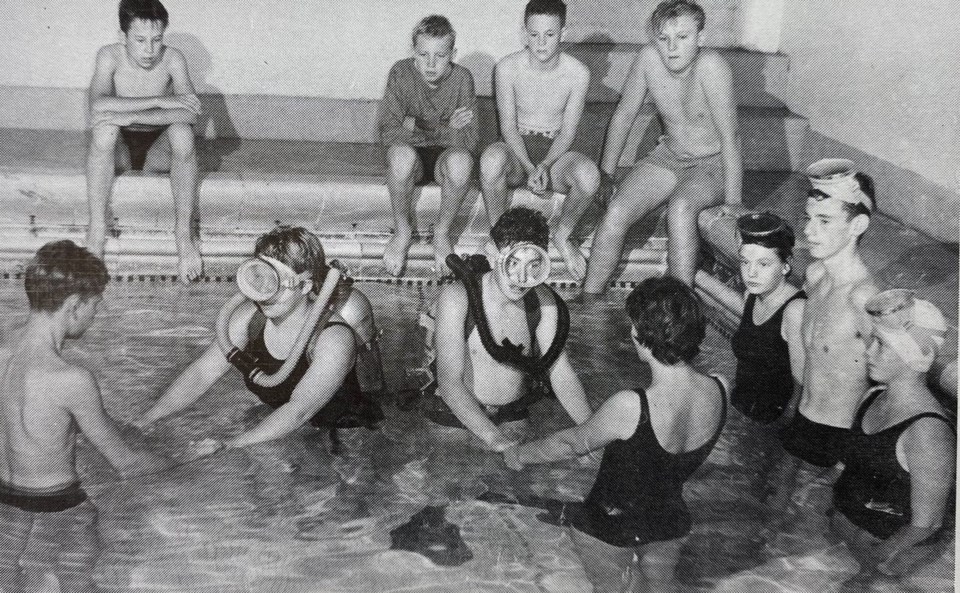
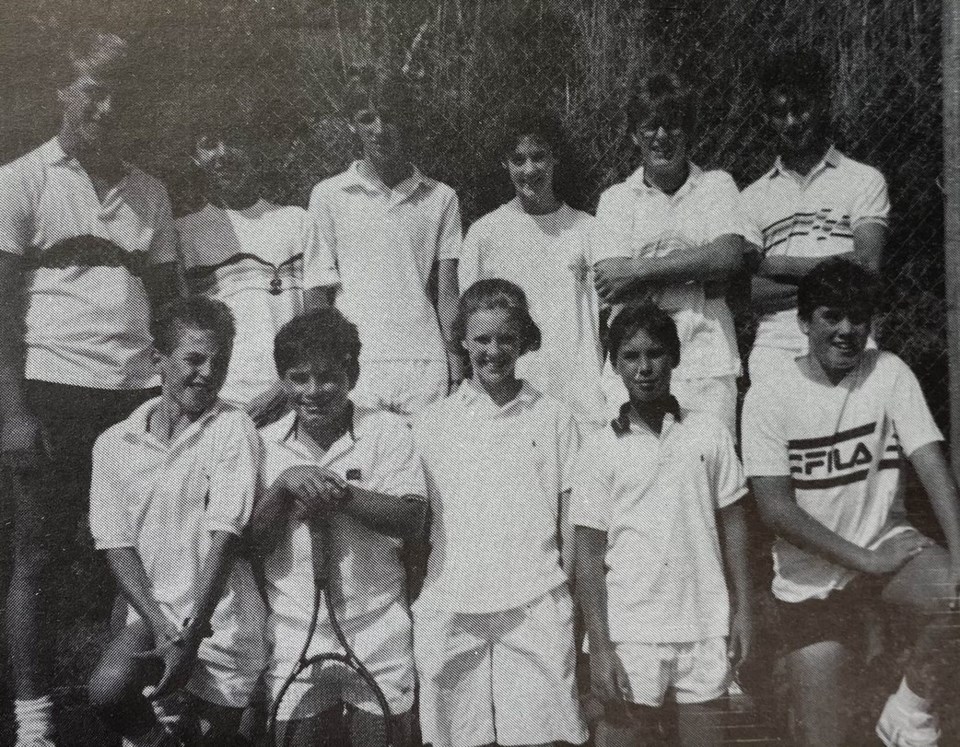
Due to financial difficulties, the March Street building was leased to the Algoma Steel Corporation in 1920 and became known as the Steel Plant Club for the next 3 years.
The population in Sault Ste. Marie grew from 43,088 in 1961 to 80,332 in 1971, according to census records.
To accommodate this growth, the YMCA purchased the current property at 235 McNabb Street from the city for $35,000 in 1963.
Construction began the following year, and the new location opened its doors in September of 1965. Since then, a number of large additions and renovations to the YMCA have taken place.
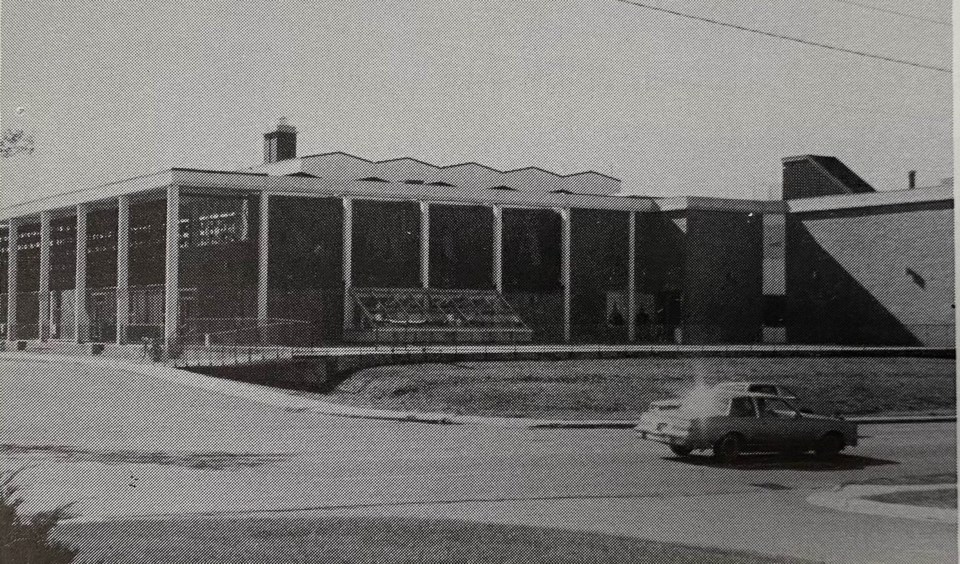
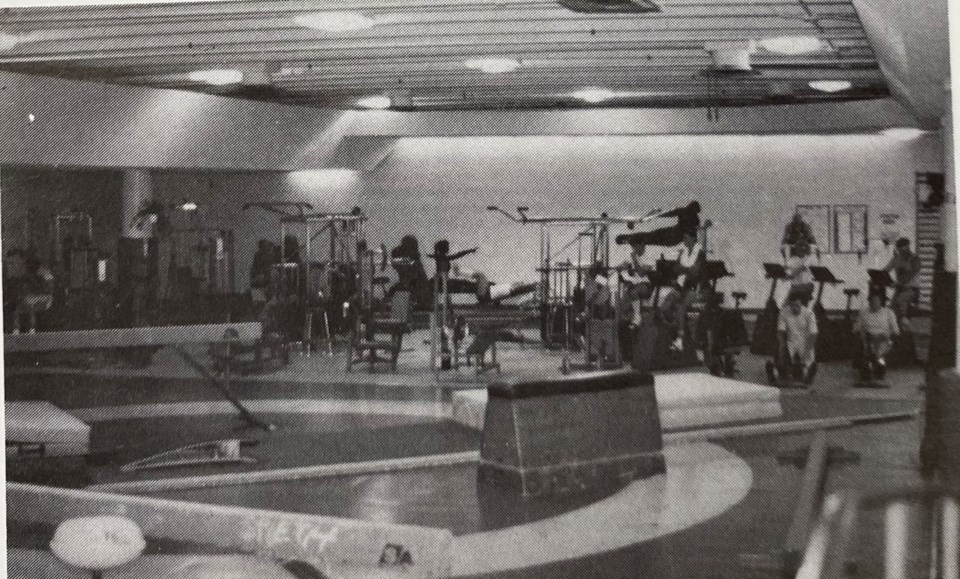
Squash courts were added in 1973, the indoor track was added in 1981, and the William M. Hogg Family Centre was built in 1991.
In 2010, the current facility was upgraded utilizing the Recreational Infrastructure Canada funding program.
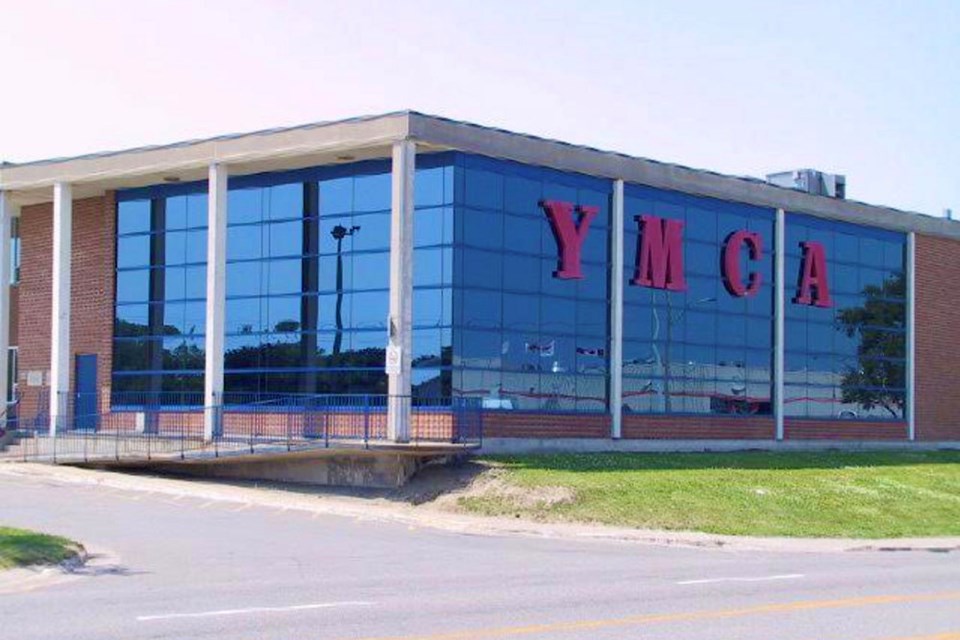
In 2013-14, Sault’s Y generated $1,728,712 in revenue from memberships.
Noting an aging building, YMCA management considered relocating their facilities downtown in 2015 to a then-proposed site between Station Mall and Mill Square.
Four years later, city councillors were asked again to support a proposal to build a brand-new Y on McNabb Street.
Neither proposal came to fruition.
The Y partnered with school boards and pivoted to virtual classes in the spring of 2020 when the COVID-19 pandemic forced the facility to close its doors for several months.
McNabb Street's facility underwent a facelift later that year thanks to a $150,000 capital grant from the Ontario Trillium Foundation (OTF), which went towards gymnasium flooring renovations and equipment upgrades.
In 2022, the facility received another $250,000 OTF grant to help recover from pandemic-related impacts.
As SooToday first reported on April 16, the YMCA made the "extremely difficult decision" to cease all of its programming after nearly 125 years of charity service in Sault Ste. Marie.
“Unfortunately, increased operational costs, coupled with inflation and a slow return to pre-COVID levels of participation, means that our charity is in a difficult financial position, and we are exploring options to address the challenges we face,” YMCA interim CEO John Haddock wrote in a press release.
“We have engaged legal and financial advisors to assist in next steps including assessing a path forward and we have had to make some operational decisions, which we know will be difficult to hear,” he continued. “Unfortunately, we have had to make the extremely difficult decision that all programs will close as of Wednesday, May 15, 2024 at the latest.”
The 86,000-square-foot structure on a 3.5-acre lot is currently listed for $2,999,000.
Following the decision, Saultites and soon-to-be former members and employees of the Y have been sharing memories and expressing sadness as they brace for what the listing could mean for the community.
Mayor Matthew Shoemaker noted it’s unlikely that the city will purchase the site, but he expects municipal services will take on additional responsibilities to soften the looming impact of losing the recreational institution.
– with files from the Sault Ste. Marie Public Library and Sault Ste. Marie Museum
